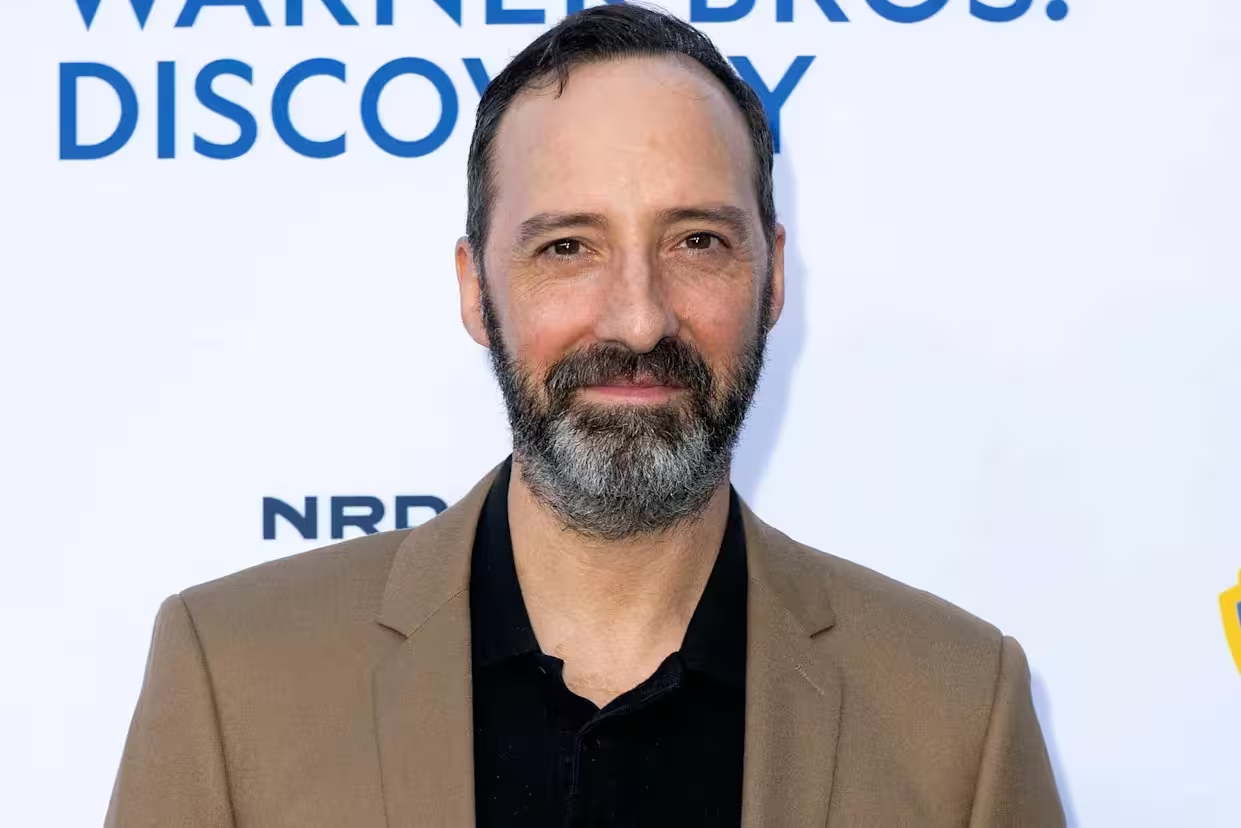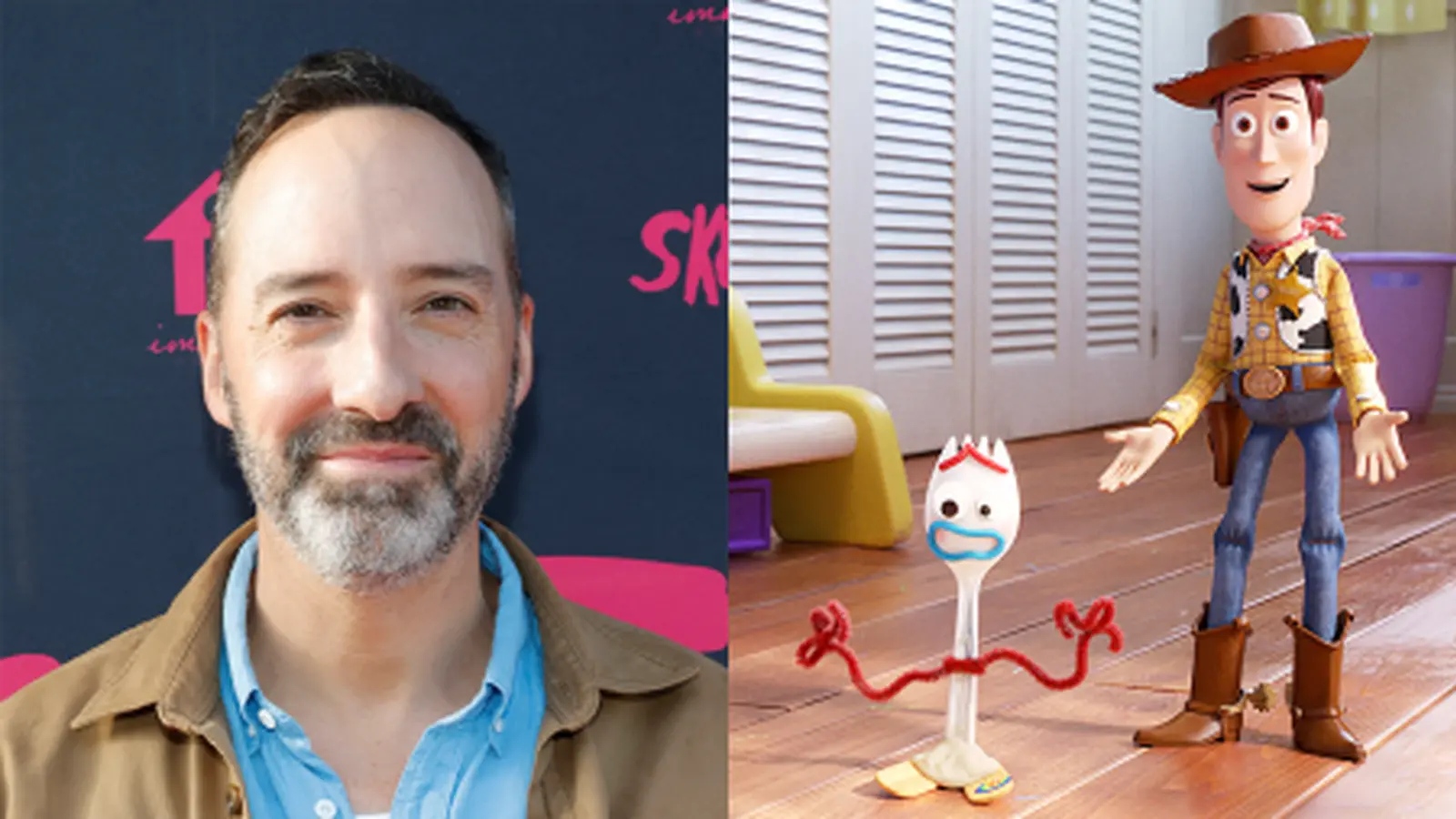4 Minutes
Tony Hale’s Forky Revelation: From Audition Doubts to Franchise Favorite
When Tony Hale first heard his voice on the Toy Story 4 trailer, it was a quietly triumphant moment. The actor — known for Veep and Arrested Development — had auditioned for Forky, the anxious spork introduced in Pixar’s 2019 film, but he admits he spent weeks worrying the studio might swap him out for a bigger name. The trailer confirmed what Hale hoped: his voice and performance were in the finished picture.
Why Forky mattered — and why simplicity sells
Forky is literally a child’s craft project: a disposable spork, pipe cleaner arms and popsicle-stick feet. That stripped-back design became one of Pixar’s most affecting inventions, proving how emotional clarity often springs from simplicity. Fans connected with Forky’s constant existential questions and tender bewilderment — traits that made him a surprising emotional center for a franchise built on nostalgia and identity.
Behind the voice recording — an industry snapshot
Hale’s fear of being replaced by a “huge star” highlights a recurring tension in animation: the pull between casting for marketing power and casting for character truth. Pixar managed a balance in Toy Story 4, pairing legacy actors like Tom Hanks and Tim Allen with fresh choices such as Hale. The gamble paid off: Toy Story 4 won the Academy Award for Best Animated Feature and Forky quickly became a touchstone in fan communities and critical discussions about the film’s themes.

Comparisons and context: Forky vs. other Pixar newcomers
Pixar has a track record of introducing unconventional characters who drive the story — from WALL‑E’s near-silent empathy to the unassuming heroics of characters in Up. Forky continues that tradition by using minimal design and strong voice performance to ask big questions about purpose, belonging and what it means to be a toy in a changing world.
What’s next: Toys vs. technology in Toy Story 5
With Toy Story 5 slated for June 19, 2026, Hale has teased glimpses of a script that leans into a toys-versus-technology conflict. This theme feels timely: as play shifts toward screens, sequels that probe obsolescence, digital culture and the fate of physical toys could resonate beyond nostalgia and chart new emotional territory for the franchise.
Expert view
"Forky revitalized the Toy Story family by proving emotional depth doesn’t require elaborate backstory — sometimes you only need a child’s whim and an honest vocal performance," says film critic Anna Kovacs. "If Toy Story 5 digs into toys versus technology, it could be Pixar’s most culturally relevant sequel in years."
Fan reaction, trivia and behind-the-scenes notes
Fans responded to Forky with memes, artwork and essays that treat his identity crisis as both comic and philosophically rich. Trivia-minded viewers point out that Forky’s entire arc — made by Bonnie in a classroom arts-and-crafts moment — reframes the franchise’s longstanding meditation on ownership and play. Hale’s candid admission that he only felt safe after hearing the trailer is a reminder of how much of an actor’s journey can unfold in private long before audiences see a film.
Conclusion
Tony Hale’s path from anxious auditionee to beloved voice in Toy Story 4 underscores a larger lesson for animation and casting: authenticity often trumps sheer celebrity. As the series prepares to tackle modern dilemmas like technology and obsolescence, the franchise’s continued willingness to introduce simple, surprising characters suggests Pixar remains committed to emotional storytelling — even as it navigates commercial expectations and a rapidly changing cultural landscape.
Source: hollywoodreporter


Leave a Comment